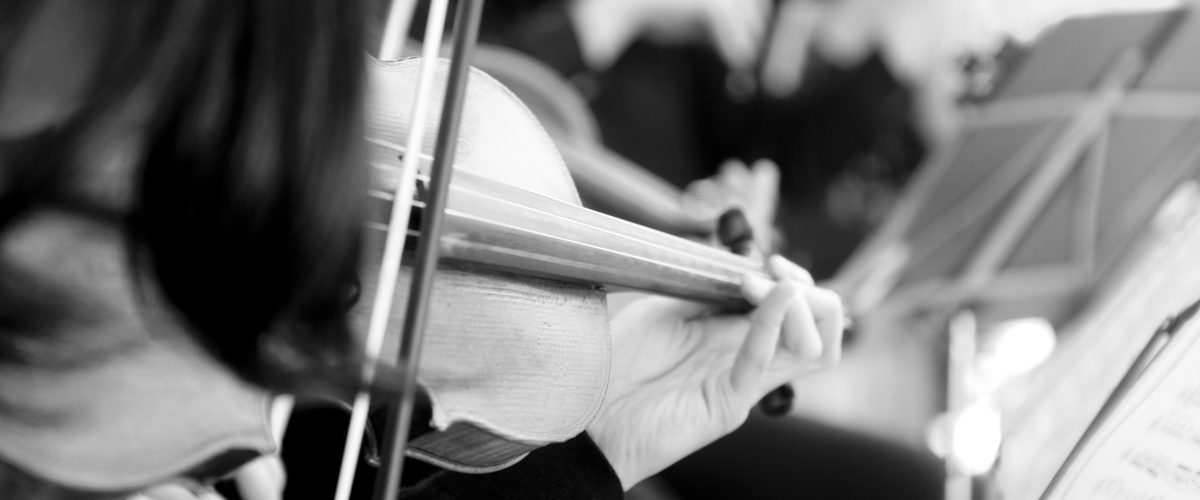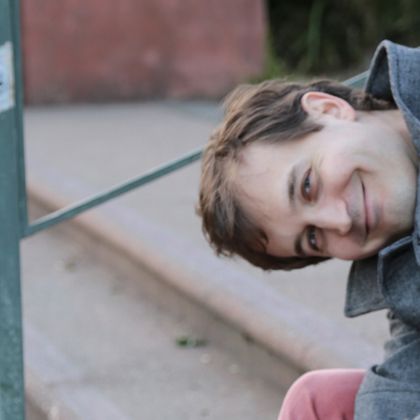Photo CC by Nina Matthews on Flickr
Improving Composer Education: Less Theory, More History
Recently I discovered the amazingly addictive new website Quora, where people ask questions on certain themes. After a basic setup, I was instantly directed to a very intriguing question for me: Why do people study music theory? I argued that music theory helped performers make more informed interpretations. I also argued that composers were generally hindered by music theory, because it’s a retrospective discipline and composing is inherently forward-looking. Lots of people disagreed with me of course… Still, I’m going to advance the idea that if we want to create better composers (though I’m not sure we really do—the competition is already pretty fierce), we need to reduce the emphasis on music theory, increase the emphasis on general analysis skills and critical thinking, and make music history the cornerstone of musical education.
First of all, I’ve studied it all. This isn’t some anti-intellectual rant (if you know me, you know this already). My bias comes more from my love of iconoclasm than anything else. As much as music theory makes contributions to academic discussions of music, I have seen little evidence that it advances creativity. And in the end, great composers just know what sounds good, they don’t spend weeks trying to prove it.
So, the kinds of theory I have studied (and enjoyed! It wasn’t begrudgingly that I took all these extra courses): 14th-century counterpoint (several versions of how it worked), 16th-century counterpoint, 18th-century counterpoint (nothing good happens in odd-numbered centuries apparently), classical harmony, romantic chromaticism, Schenkerian analysis, modal 20th-century harmony, jazz harmony, 12-tone theory, set theory, total serialism, Cuban rhythmic theory, classical rhythmic theory. That’s just off the top of my head, but I think you get my point. I’m no Sarah Palin when it comes to music theory.
Now, for all that theory, none of it made me a better composer, at least not directly. What did make me a better composer was the fact that by studying that theory I was exposed to a lot of new kinds of music, and I had to listen to it closely. I don’t remember exactly how 14th-century hexachordal theory works, but I remember that they counted it on their fingers, and that Machaut used it to write minor 9th leaps, and that thirds were “unresolved”. That’s amazingly powerful information! But did I need to study theory to get it?
Nope, I needed to study music history, and to be fair, I also needed to understand the basic mechanics of music. To be completely pragmatic, composers should know how to write key signatures and other essentials of applied theory, and they should understand tonal harmony because it’s a useful starting point in learning how you can train the brain to make associations between patterns of frequencies. That is technically music theory, and that much at least is useful. And if the student just doesn’t get tonal theory, have him or her study something else instead. The important thing is just to have a framework of understanding to start with.
After that, all you need to know as a composer is why musicians of the past thought the way they did. That’s a million times more interesting and useful than how one note (or chord) leads to another. You want to write music better? Then get inside the brain of the composers you admire. I’m willing to bet that, when you get in that brain (unless maybe it’s Milton Babbitt’s brain), you’re not going to find music theory treaties.



